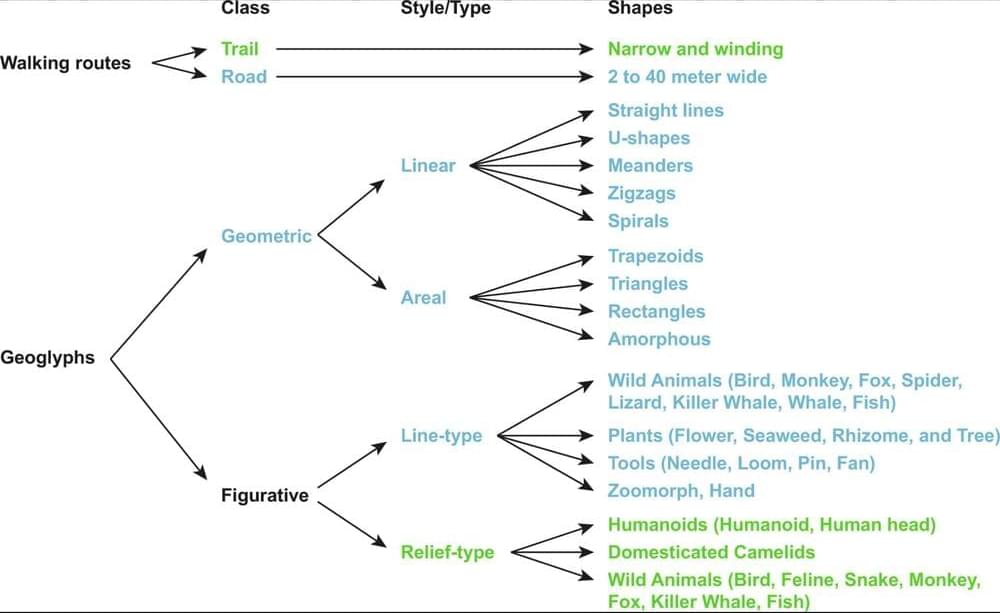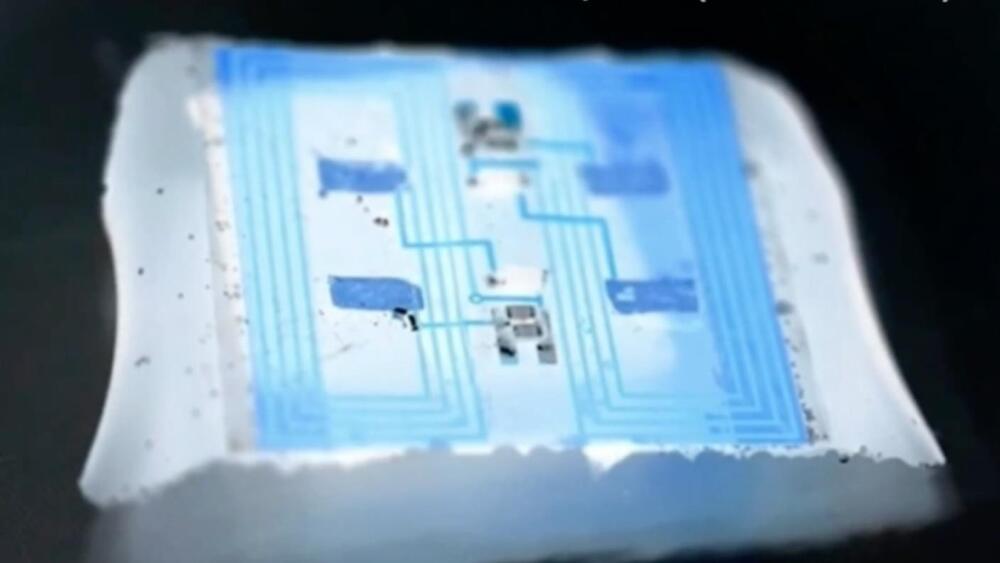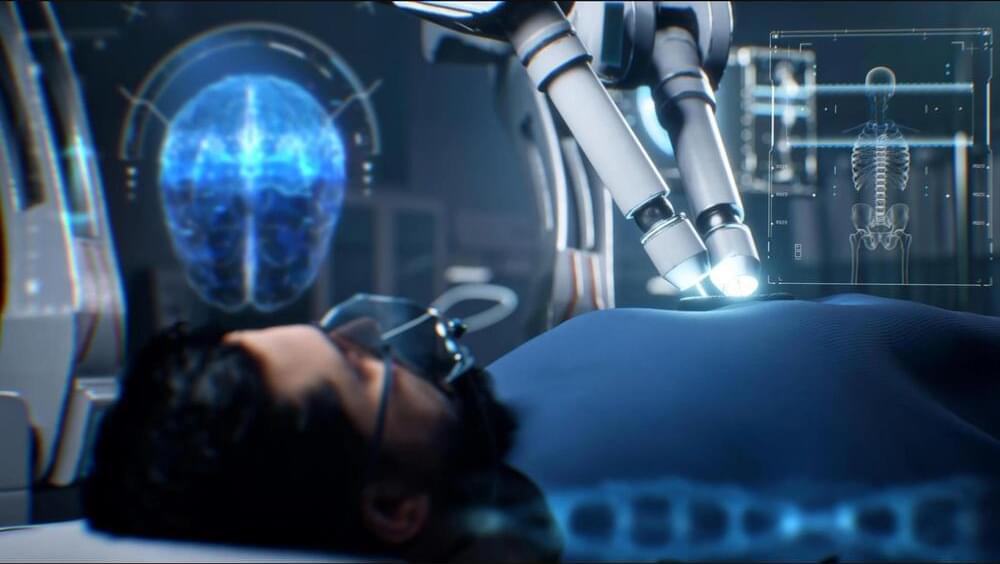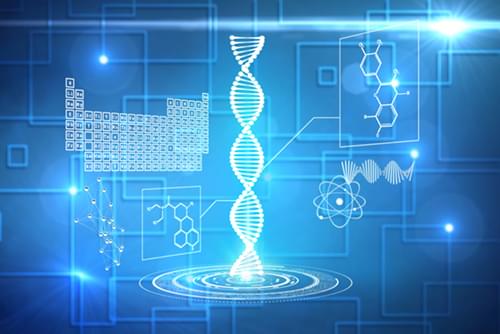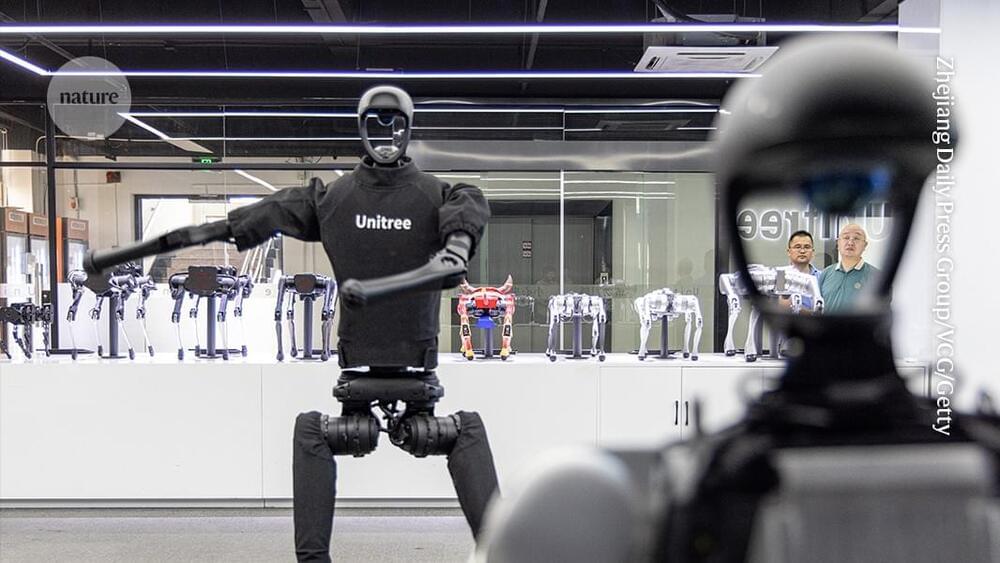Oct 1, 2024
AI-accelerated Nazca survey nearly doubles the number of known figurative geoglyphs and sheds light on their purpose
Posted by Omuterema Akhahenda in categories: education, robotics/AI
This paper demonstrates how AI accelerates discoveries in archaeology, even in a region as well known as the United Nations Educational, Scientific and Cultural Organization (UNESCO) World Heritage site of Nazca.
It took nearly a century to discover a total of 430 figurative Nazca geoglyphs, which offer significant insights into the ancient cultures at the Nazca Pampa. Here, we report the deployment of an AI system to the entire Nazca region, a UNESCO World Heritage site, leading to the discovery of 303 new figurative geoglyphs within only 6 mo of field survey, nearly doubling the number of known figurative geoglyphs. Even with limited training examples, the developed AI approach is demonstrated to be effective in detecting the smaller relief-type geoglyphs, which unlike the giant line-type geoglyphs are very difficult to discern. The improved account of figurative geoglyphs enables us to analyze their motifs and distribution across the Nazca Pampa.
